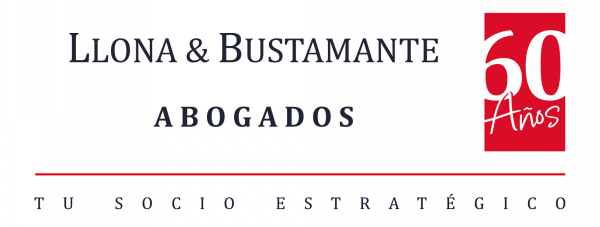Llona & Bustamante Abogados
Address
Calle Bolognesi 180, Oficina. 404 Miraflores 15074
Lima
Peru

Member since
2017
PBLI
Importers face a daunting patchwork of legal and regulatory requirements. Llona & Bustamante Abogados helps U.S. importers navigate the full range of customs issues including classification and valuation of imported goods, country-of-origin rules, trade preferences, and other duty-free programs, as well as mechanisms for reducing duties. Llona & Bustamante Abogados assist U.S. exporters address importing issues in many parts of the world (e.g., EU, NAFTA countries, China, the Russian Federation, etc.). Amid heightened concern about the safety of cargo supply chains, Llona & Bustamante Abogados can also assist importers in working with the Department of Homeland Security to ensure security and timely clearance.
The following are among the areas in which the firm can assist in importing into the United States.
Customs is increasingly relying on importers to promote the security of the United States by making certain their cargo is secure. To this end, it is offering incentives to importers who adopt appropriate programs to ensure security in their supply chains. This is a rapidly developing area of the law. Llona & Bustamante Abogados can advise and assist companies in exploring these opportunities.